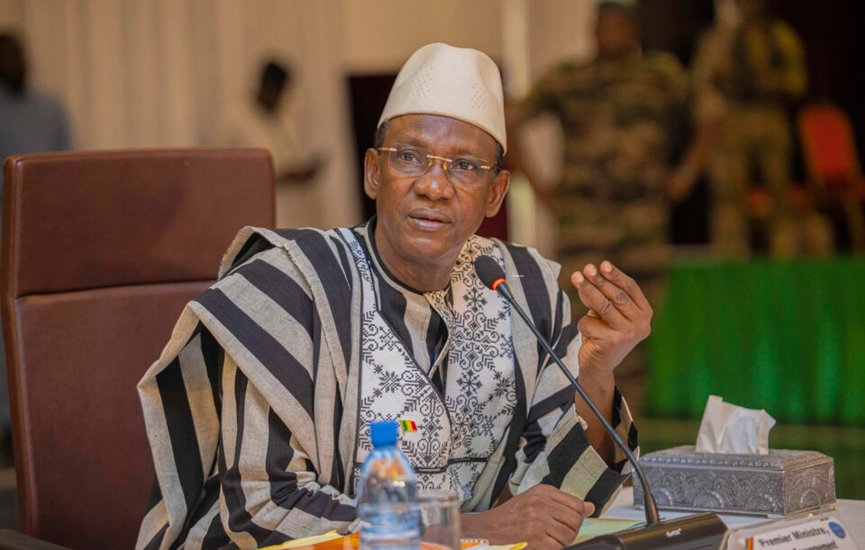Embezzlement Allegations
A 113-page BVG report, released on December 30, 2024, examined the financial operations of the Universal Access Fund Management Agency (Agefau), which oversees telecom and digital-access programs under the authority of the prime minister. The audit covers the period between 2020 and 2023.
Key findings include:
- A controversial loan of over 20 billion FCFA (about €30 million) granted to Mali’s Treasury in April 2020—outside the framework of Agefau’s mandate—with questionable oversight.
- Nearly 13 million FCFA (€20,000) spent on unauthorized staff benefits (e.g. phone subscriptions).
- 92 million FCFA (€140,000) in ORTM broadcasting fees that were never transferred back to the state.
- 15 million FCFA (€22,800) worth of equipment (Wi‑Fi and computers) meant for schools was found missing.
Personal Benefit & Questionable Travel Expenses
The BVG report also points to excessive mission allowances and “sovereignty expenses” related to two official trips taken by Maïga in December 2023 to Konobougou and Dalala. These included:
- Over 12 million FCFA (€18,300) in improper mission allowances used to fund Maïga’s personal delegation.
- About 35 million FCFA (€53,300) in unexplained “sovereignty expenses” authorized for the prime minister.
The audit suggests that Maïga, as Chair of Agefau’s Board during the period, either tacitly permitted the misuse of funds or benefited directly from them.
Legal Path Forward & Political Context
While rumors circulated that Maïga was summoned by Mali’s Supreme Court on 2 January 2025, these were refuted by his representatives and judicial sources. However, the BVG has officially forwarded its denunciations to the Court’s accounts chamber, which typically oversees financial irregularities in public office, raising the likelihood of forthcoming legal proceedings.
The investigation unfolds against a backdrop of political tension: Maïga, appointed interim prime minister in June 2021, was dismissed in November 2024 by junta leader Colonel Assimi Goïta after public criticism of the military regime’s stalling of civil transition deadlines.
In his New Year’s address on 6 January 2025, Maïga denied all allegations, calling them “baseless and politically motivated,” while reaffirming his support for stability and accountability under the military‑led government.
Reactions & Implications
The release of the audit has sparked public outrage. Malians, weary of endemic corruption, interpret the case as either a milestone in the fight against misappropriation or potentially a politically charged campaign aimed at sidelining Maïga—who is still regarded by some as a potential presidential contender.
Analysts note that Mali’s public sector remains under intense scrutiny. Transparency advocates see this investigation as a test of the transitional government’s commitment to accountability. Detractors, however, warn that the timing may reflect internal power struggles within the junta and its civilian affiliates.
What’s Next
- Review of the BVG’s findings by the Supreme Court’s accounts unit.
- Possible summons or formal charges against Maïga and other officials linked to Agefau.
- Heightened public debate about financial governance during Mali’s volatile transition period.
Background:
- Choguel Kokalla Maïga served as Mali’s interim Prime Minister from June 2021 until his dismissal in November 2024.
- Embezzlement allegations are tied to his previous role as Chair of the Agefau Board, responsible for strategic oversight of national digital‑access funding initiatives.
This unfolding case marks a critical moment for Mali’s institutional integrity and political trajectory.
